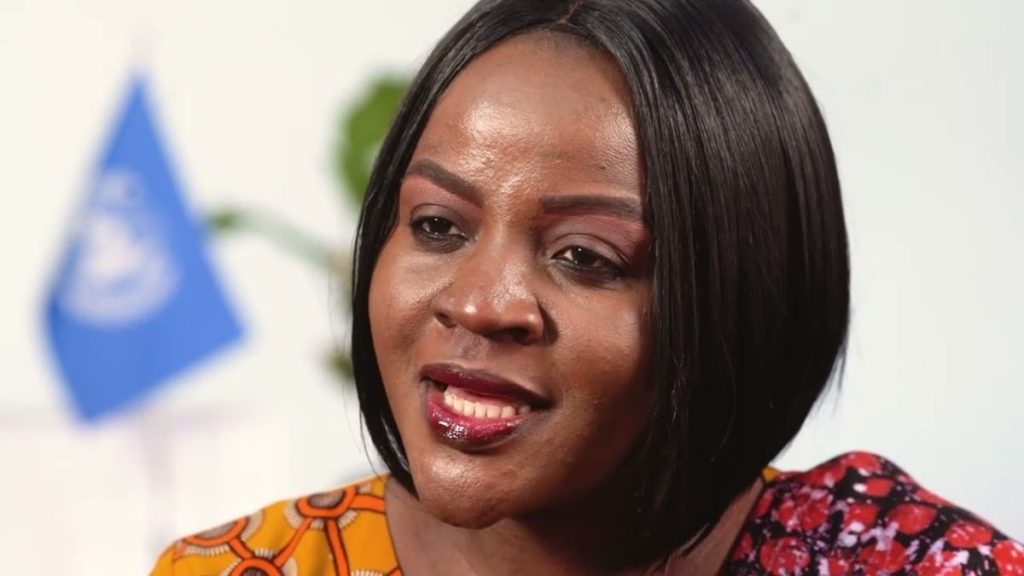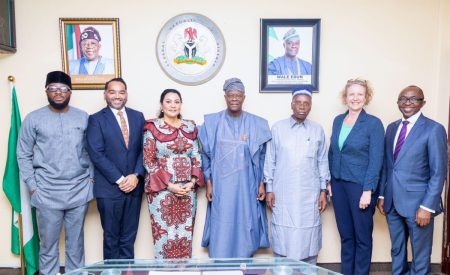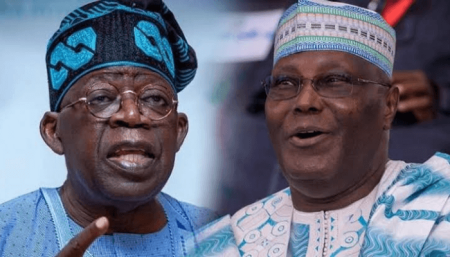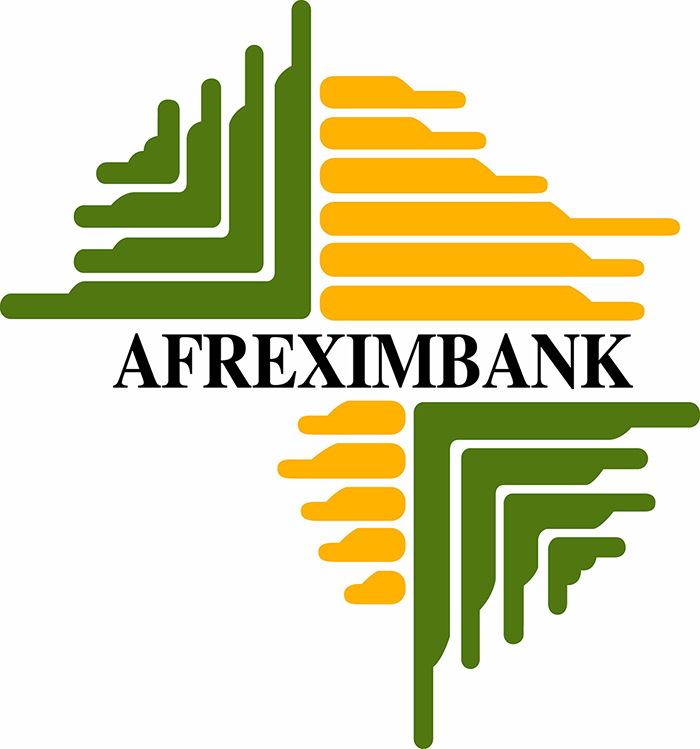
Lagos — The African Development Bank Group, AfDB, has invested $55 billion in regional connectivity across Africa over the past decade, demonstrating its commitment to enhancing continental integration and trade.
This update was shared by Dr. Joy Kategekwa, Director of Regional Integration at the Bank Group, during the recent launch of the 2023-2024 East African Community, EAC, Common Market Capital, Services, and Goods Scan.
Speaking on the theme “Keeping the Promise to Integrate Africa,” Kategekwa outlined the Bank’s strategic partnership role in East African development, highlighting its support for the EAC Common Market Protocol, which aims to deepen economic integration by promoting the free movement of goods, services, and capital across the region.
The Bank’s “Integrate Africa” portfolio for Eastern Africa, valued at $5.5 billion, stands as the largest on the continent, underscoring its dedication to fostering a more connected East Africa.
“With 64% of the Integrate Africa portfolio directed toward transport infrastructure, the Bank has funded significant projects that will enhance regional trade,” Kategekwa said.
One such project is the $3.9 billion electrified Standard Gauge Railway connecting Burundi, Tanzania, and the Democratic Republic of Congo, with $700 million provided by the Bank. “This railway will streamline trade and mobility across East African borders, supporting the region’s growing economic needs,” she highlighted.
Beyond infrastructure, the Bank has also invested in soft connectivity projects, such as the $20 million EAC Payment and Settlement Systems Integration Project, which allows cross-border transactions in local currencies, and the $11 million EAC Capacity Building Project, which aims to lower trade costs and address non-tariff barriers.
Kategekwa emphasised the significance of these investments for Eastern Africa and Africa’s broader goals under the African Continental Free Trade Area, AfCFTA, which represents a $3 trillion market. She urged governments and private sector stakeholders to collaborate in transforming East Africa into a unified economic force.
She stressed the importance of harmonizing policies, enhancing infrastructure, and reducing trade barriers, urging all stakeholders to commit to fully implementing the EAC Common Market Protocol. “Together, we can create a prosperous region ready to seize the vast opportunities offered by the AfCFTA.”
EAC Secretary-General Veronica Nduva raised concerns about the absence of regional currency convergence which impacts border trade, urging the assessment of national efforts towards regional switches.
“It does not matter how much progress you make at the national level if it is not converging at the regional level,” she said, warning that this disparity increases business costs and hinders free movement.
The conference concluded with a collective call for creating a borderless East African Community as a model for continental integration and sustainable development.



